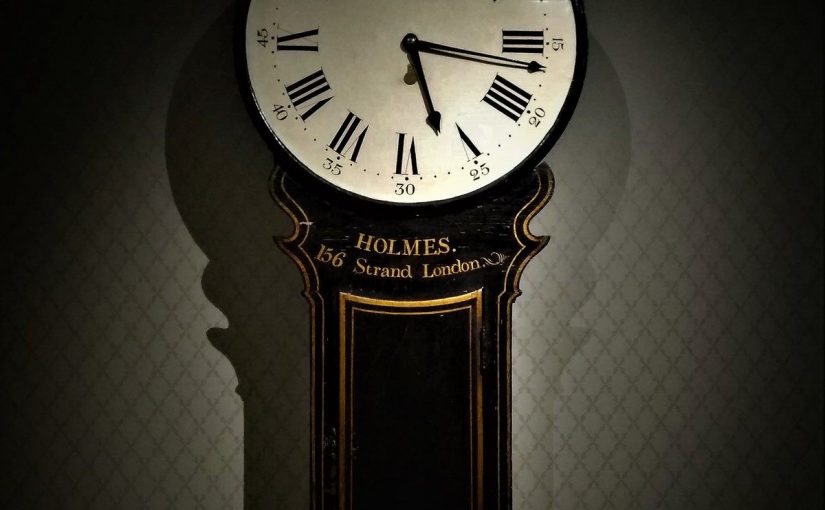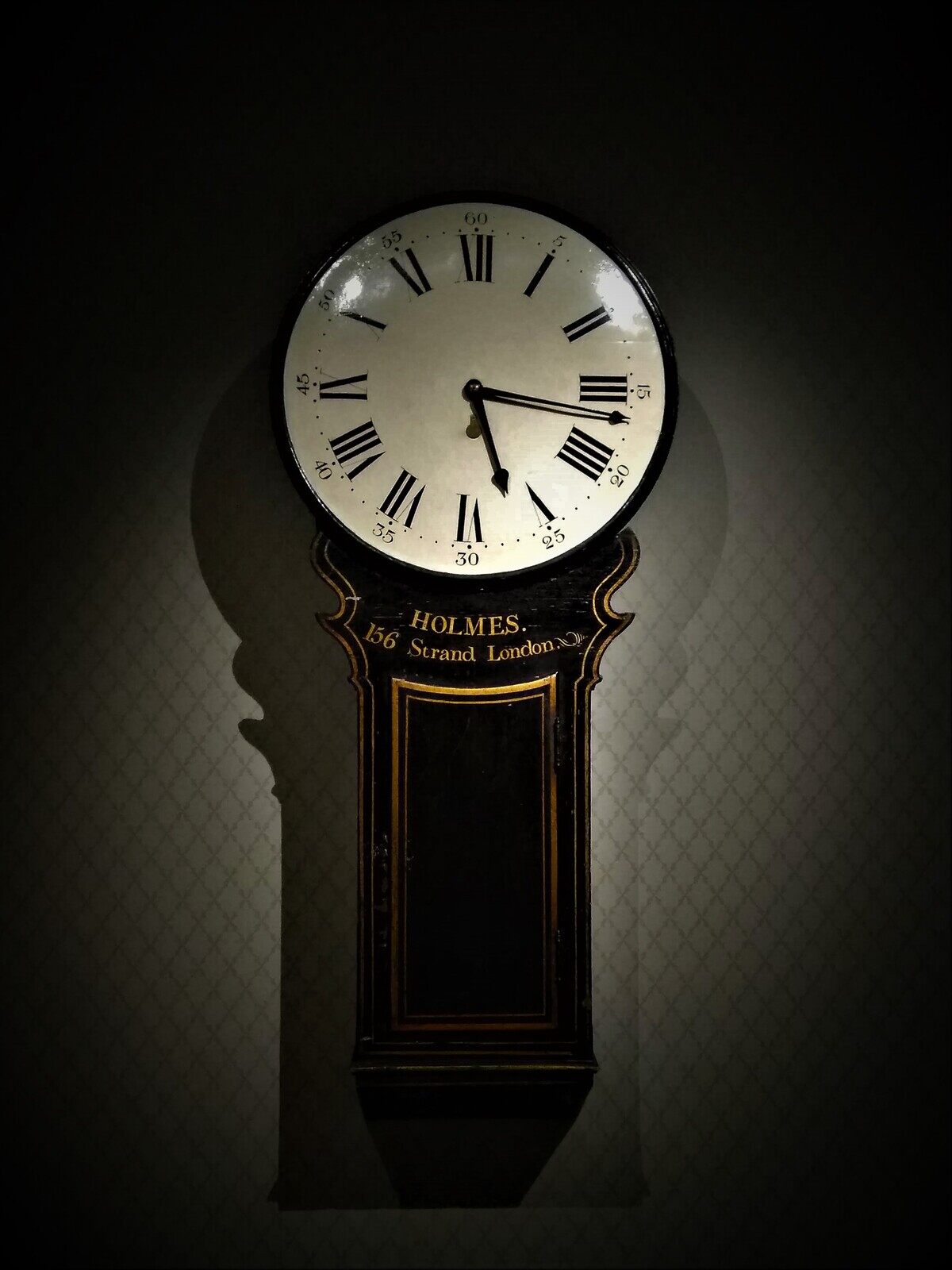They aren’t expository writing! Even though people treat them as if they were. Headlines are marcom (marketing communications). We tech writers say that all marcom people are insane, and it’s true!
I’ve been meaning to write a post about headlines, and I ran into this comic on the subject , so here’s the post. First the comic:
Okay, here are several headlines on one topic in the rather uncontroversial field of astronomy:
- Our Galaxy is Destined for a Head-on Collision
- Galaxy collision to send solar system flying?
- ‘GREAT COLLISION’ COULD WAKE UP THE SUPERMASSIVE BLACK HOLE AT THE MILKY WAY’S CENTER
- Galactic collision could wake up Milky Way’s dormant black hole
- Black hole in middle of Milky Way could grow TENFOLD, scientists predict HUGE space crash
- Our Milky Way to Face Double-KO Punch in Two Galactic Collisions – Astronomers
- The Milky Way Could Crash Into Another Galaxy Billions of Years Earlier Than Predicted
- Catastrophic Galactic Collision Could Send Solar System Flying into Space
The actual topic sentence should be something like “Astronomers have recently increased their precision regarding the movement of the Large Magellanic Cloud.”
We are not in danger—the event is more than a billion years from now. Are the headlines true? Well, they’re all about side issues, not the main topic. Literally true, perhaps, but misleading!
A lot of us read only headlines, and for every topic I’ve checked into— politics, energy, global warming, environment, economics, private lives of famous people, you name it—both sides (all sides?) frequently distort what’s going on either to get you to click, or to convince you of their position if you don’t read in depth.
And don’t get me started on checking the source of the headline…
Here’s the rule:
Don’t trust headlines!

